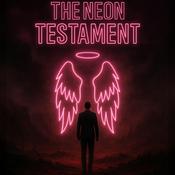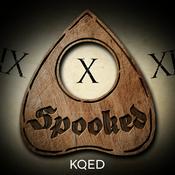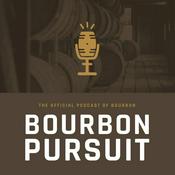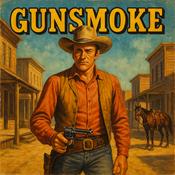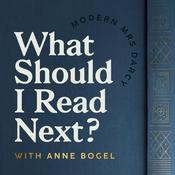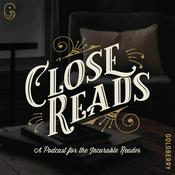Available Episodes
5 of 1046
- W. H. Auden "For the Time Being" pt. 1This week’s episodes will feature selections from Auden’s lengthy “Christmas Oratorio,” in which he claimed to treat of “a religious event which eternally recurs every time it is accepted.” Happy reading. This is a public episode. If you'd like to discuss this with other subscribers or get access to bonus episodes, visit dailypoempod.substack.com/subscribe--------9:11
- Ted Kooser's "Christmas Mail"Today’s poem is for all of the mail carriers. Happy reading. This is a public episode. If you'd like to discuss this with other subscribers or get access to bonus episodes, visit dailypoempod.substack.com/subscribe--------4:07
- John Robert Lee's "XIX: I often wonder whether the prodigal son"Today’s poem–from Lee’s new book, After Poems, Psalms–offers memory and the psalter as parallel texts for Lectio Divina. Happy reading.Lee’s book is backordered at US outlets like Bookshop.org, but is in stock at Barnes & Noble and can be acquired directly from Peepal Tree Press (or in digital format from the behemoth-that-shall-not-be-named). This is a public episode. If you'd like to discuss this with other subscribers or get access to bonus episodes, visit dailypoempod.substack.com/subscribe--------9:57
- Robert Frost's "Dust of Snow"Robert Frost is having one of those days. Happy reading. This is a public episode. If you'd like to discuss this with other subscribers or get access to bonus episodes, visit dailypoempod.substack.com/subscribe--------3:47
- Mary Mapes Dodge's "A Song for St. Nicholas"Today’s poem is an appeal to the jolly giver of gifts. Happy reading!For more St. Nick poems, head over to the St. Nicholas Center. This is a public episode. If you'd like to discuss this with other subscribers or get access to bonus episodes, visit dailypoempod.substack.com/subscribe--------6:18
More Arts podcasts
Trending Arts podcasts
About The Daily Poem
The Daily Poem offers one essential poem each weekday morning. From Shakespeare and John Donne to Robert Frost and Emily Dickinson, The Daily Poem curates a broad and generous audio anthology of the best poetry ever written, read-aloud by David Kern and an assortment of various contributors. Some lite commentary is included and the shorter poems are often read twice, as time permits.
The Daily Poem is presented by Goldberry Studios. dailypoempod.substack.com
Podcast websiteListen to The Daily Poem, Zero to Well-Read and many other podcasts from around the world with the radio.net app

Get the free radio.net app
- Stations and podcasts to bookmark
- Stream via Wi-Fi or Bluetooth
- Supports Carplay & Android Auto
- Many other app features
Get the free radio.net app
- Stations and podcasts to bookmark
- Stream via Wi-Fi or Bluetooth
- Supports Carplay & Android Auto
- Many other app features


The Daily Poem
Scan code,
download the app,
start listening.
download the app,
start listening.



